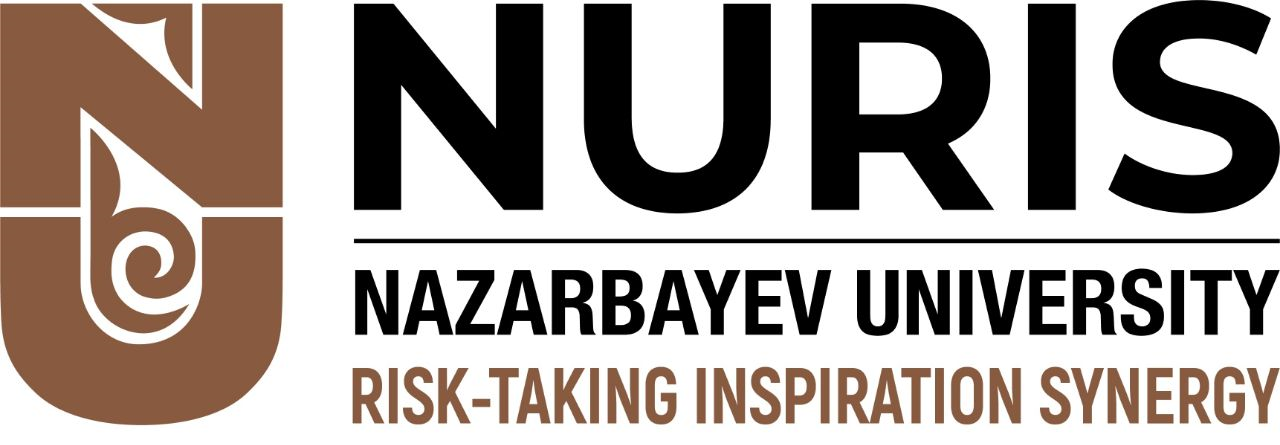 | Roundtable results on
reducing air pollution
| |
| Dear NU Community,
""Better late than never". In December last year, we held an important event on the topic "Reduction of Urban Air Pollution Through the Use of Res for Heating and DHW For Individual Housing" about which we should tell.
The total number of the round table participants, together with speakers, exceeded 50 people representing Nazarbayev University, Satbayev University, Toraighyrov University, Al-Farabi Kazakh National University, G.Zh. Daukeyev Almaty University of Energy and Communication, and representatives of the energy industry: KEGOC JSC, Fircroft Engineering Company. High school students who plan to enter universities in the field of renewable energy also showed active interest.
| |
| | In welcoming speech to the Round Table participants, the General Director of NURIS A.B. Zhakupov talked about the unique RES infrastructure created on the campus of Nazarbayev University, which allows to be an active participant in the dissemination of RES knowledge and technologies for power supply of individual housing. Highlighting the problem of urban air pollution, he noted that the experience of operating Shell-yurt with the use of renewable energy during several heating seasons, showcased RES technologies are quite effective technologies that allow, along with providing comfortable living premises conditions, to achieve zero emissions of pollutants into the environment. | |
| | The Chairman of the Board of Directors of the Kazakhstan Solar Energy Association, N.N. Kapenov, also addressed the Conference participants, speaking about the great achievements of Kazakhstan in the field of introducing renewable energy integrated into the electric networks of Kazakhstan, and bringing the total generation volume using wind and solar stations to 4% of the total electricity production in 2020. With this, the expert noted that an important issue raised by NURIS Innovation Center is extremely relevant for Kazakhstan, since the issues of urban air pollution by heating individual housing, indeed, as successful experience has shown, can be solved using RES technologies.
In his greeting to the Round Table participants, UNDP-GEF expert Yerlan Dairbekov noted the importance of solving environmental problems of Kazakhstan's cities by expanding the use of RES technologies for heat and hot water supply in individual housing.
| |
| | During the Online Conference, leading scientists of Kazakhstan (PhD Aiymgul Kerimray, PhD Dias Umyshev), engineer (A. Kolumbetov) and representatives of business in the field of renewable energy (Ye.A. Kapabayev, Ye.A. Tuleyev, Ye.I. Ivlev) made interesting presentations and discussed the following topics:
| |
|  | | Digital Monitoring Systems based on the Shell-Yurt experience; | |  | | Discussion and Q&A session. | | |
| | One of the most pressing problems of our cities, concerning air pollution, lies in the furnace heating of residential areas. Especially noteworthy is the situation in Nur-Sultan during the heating season, where after the abolition of the night tariff for electricity, part of the population switched to the use of coal-fired boilers. As reported Aiymgul Mergenovna Kerimray, the researcher-ecologist (Al-Farabi KazNU), the maximum levels of air pollution in winter are 5-7 times higher than in summer, indicating a clear correlation between contaminant concentration and the heating season. Recommendations for reducing air pollution from heating systems included switching from coal to gas, tightening emissions standards for coal-fired power plants, phasing out coal burning in cities, and helping vulnerable population through subsidies.
Dias Raibekovich Umyshev, Associate Professor of Satbayev University, during his presentation, spoke about the world experience of using RES in heat supply systems. So, for example, traditional TPPs can switch to biomass to varying degrees, which is inferior to coal in terms of heat of combustion, but significantly exceeds in environmental indicators. Countries such as the United Kingdom, Spain, Austria, China, and Belgium are actively switching to burning alternative fuels. Countries with a fairly mild climate, such as Turkey, where the heat load is quite low due to no severe frosts, have a higher potential in the use of geothermal systems. The leaders in the use of solar energy include Germany, Canada, Spain, and Denmark.
The production of heat and electricity is largely based on fuel combustion technologies, which have an unacceptable negative impact on the environment, and it is very important to reduce the contribution of fossil fuels to the energy balance of the modern world.
No less interesting are passive houses, which were discussed by Yessimbet Akanovich Kapabayev, the General Director of Saulet-Studio, as part of his presentation on the experience of designing and building energy-efficient housing in our country using air heat pumps. When building passive houses, it is very important to observe the construction criteria that contribute to low energy consumption: the shape of the structure, tightness and ventilation, thermal insulation, type of double-glazed windows and orientation of windows (solar factor), type of heating. An excellent example of an energy-efficient building is Shell Yurt, a climate laboratory with a passive house concept at Nazarbayev University.
The General Director of Energy Efficient Technologies LLP, Ye.A. Tuleyev representing the domestic manufacturer of heat pumps in Kazakhstan (Oskemen), spoke about the successful experience of introducing heat pumps in Kazakhstan, and that the country needs legislative support for the introduction of RES technologies for the use for heating individual housing.
The Engineer of the RES Landfill of NURIS A. Kolumbetov, in his presentation, demonstrated the unique Digital Monitoring System of the RES Landfill and the Shell-Yurt Heat Supply System developed at NURIS, describing the scheme of the system operation, as well as explaining the purpose of creating this equipment for all participants of the webinar.
The Director of Polyset LLP Yevgeny Ivanovich Ivlev shared with the Round Table participants the experience of implementing and operating vacuum solar collectors for heat and hot water supply for individual housing and autonomous facilities, speaking about the features of operating systems, talked about the current existing similar facilities like Bayanauyl and private houses, the problems of service and maintenance in difficult climatic conditions of the Northern Kazakhstan.
The participants of the Round Table asked a number of questions to the speakers, which mainly concerned the practical aspects of the operation of heat pumps and solar collectors when using them in the construction and operation of individual housing.
| |
| | Summing up the results of the Round Table, one of the organizers of the Online Conference, the Adviser of NURIS Ye.O. Syrgaliyev noted that NURIS Innovation Center is ready to actively cooperate with all interested parties on the implementation of renewable energy technologies for heating and hot water supply of individual housing, to reduce urban air pollution and improve the environmental situation in cities. The presentations were concluded with discussions and an exchange of views. | |
| | Find the Conference video on our YouTube:
| |
| Thank you all for participating!
| |
| |